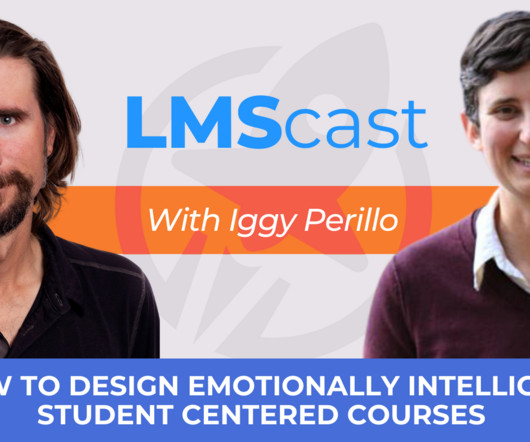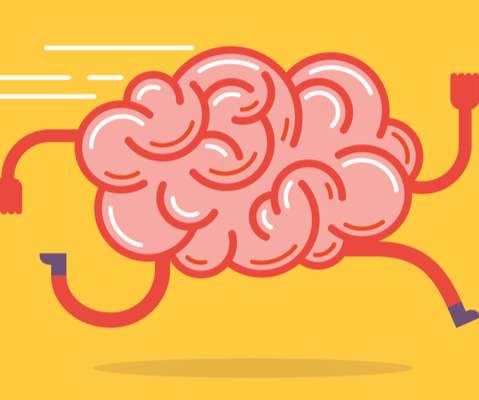The Crucial Role of Emotions and “Skilled” Intuitions in Learning
KnowledgeOne
MAY 22, 2024
Such is the case with the role of emotions in cognition and learning and their interrelationship with rational thought. A significant revelation from neuroscience is the pivotal role of emotions in cognition and learning. Recent discoveries in neuroscience are prompting us to rethink some of our previous ideas about learning.





































Let's personalize your content